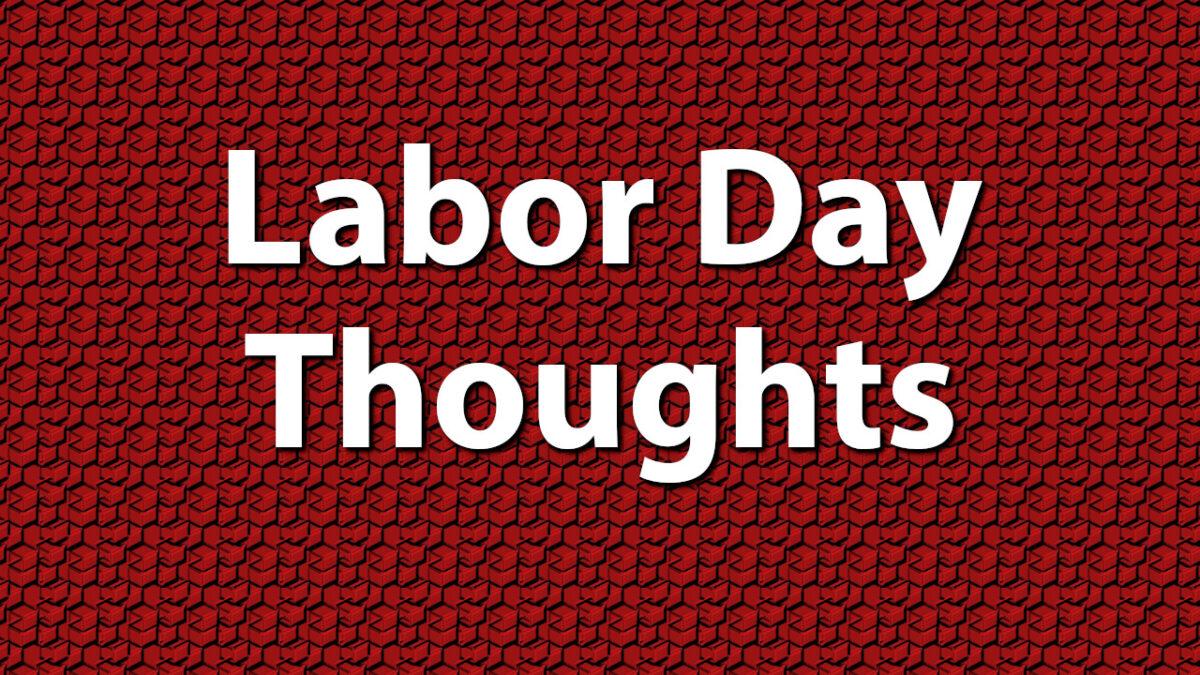If there is one thing that has happened to politics in our country over the past 260 years it has been the replacing of political philosophy with marketing and branding in our elections, Our Founding Fathers knew what they believed and most importantly they knew why they believed it. Biblical and Natural Law Principles were the underlying moral predicates of our Founding Documents and of our Founding itself. Historians have tried to place these great men and women—I just finished reading John Smith’s great book on Abigail Adams in perspective—not always successfully and in an unbiased fashion. No one should underestimate the contribution of the Schuyler sisters of New York, Abigail, or many other patriot women most of them Federalist but a couple Republicans, to our Founding. Thomas Jefferson and of course Alexander Hamilton—who married one of the famous sisters, all commented on their knowledge and expertise regarding their understanding of the classics when applied to contemporary political thought. Atheist, deist, congregationalist, Christian, Quaker or Catholic, all understood the Classics and the earliest writings of the Church Fathers. The predicate for The Natural Law can be found in one of its’ earliest definitions:
“The Natural Law is a Law Imprinted in the Hearts of all men made known through the faculties of Reason and Revelation”. — I paraphrase the Summa Theologica via St. Thomas
The answer about changing policy but not values is one that comes from the pens of advisers who more likely than not subscribe to a “Humanistic” philosophy where one sets their own moral standards. Where one acts as his/her own god. Whether a believer or not an intrinsic moral standard can’t be measured and is always subject to change. Comments like “I am against abortion, but I am for choice” is an example of such an intrinsic standard. The hubris of such a process goes unrecognized by those who practice it most frequently. “I make my own rules, and I have my own ever-changing values.” ” It depends on what is….is”. “I may change my positions, but I don’t change my values” Is it your values we are talking about or some form of “extrinsic values” like Biblical Principles or the Natural Law? Please let us know once you know!
On this Labor Day weekend, it would behoove us to look at what the position of the church has been regarding labor. It is very clear. From St. Paul’s admonition in Thessalonians about those who refuse to work, to St. Thomas and most recently in two great Encyclicals from Popes Leo XIII and Pius XI on the nature of work that are summed up in the Catechism: Both commented on the value of labor. Both supported the labor movements of their day. Both warned of Marxism and Communism, and “atheistic philosophies” that can find their way into political movements and marginalize the working classes. They also warned against the greed that comes from capitalists operating in their own selfish interests instead of their own self-selfless interests. In short, the difference between capitalism and mercantilism. They both felt that social justice and freedom can best be realized in capitalistic systems.
When we look at the Catholic playbook—the catechism 2428 on work we see the potential for vocation in all work and therefore the dignity of all work:
“In work, the person exercises and fulfills in part the potential inscribed in his nature. The primordial value of labor stems from man himself, its author and its beneficiary. Work is for man, not man for work. Everyone should be able to draw from work the means of providing for his life and that of his family, and of serving the human community.”
Any job and any form of labor can serve as a witness and be a means to personal holiness for the worker—vocation. Any honest job can be a means of worship and a means of personal holiness for the worker. “Before God, no occupation is in itself great or small. Everything acquires the value of the love with which it is done.”
One might say that the greatest job, then, is the one that is done with the most love, for the glory of God — St Josemaria Escriva The founder of Opus Dei.
On This Labor Day Weekend let us not forget the principles upon which capitalism and the labor movements were originally founded. The Church Fathers and our Founding Fathers laid the groundwork for a society based on God’s Greatest gift to man—Free Will. No free will—no liberty. A job based on coercion, a contract between labor and management where the leverage of one side over the other becomes oppressive is in fact not consistent with liberty itself. All sides need to understand that proposition—always.


